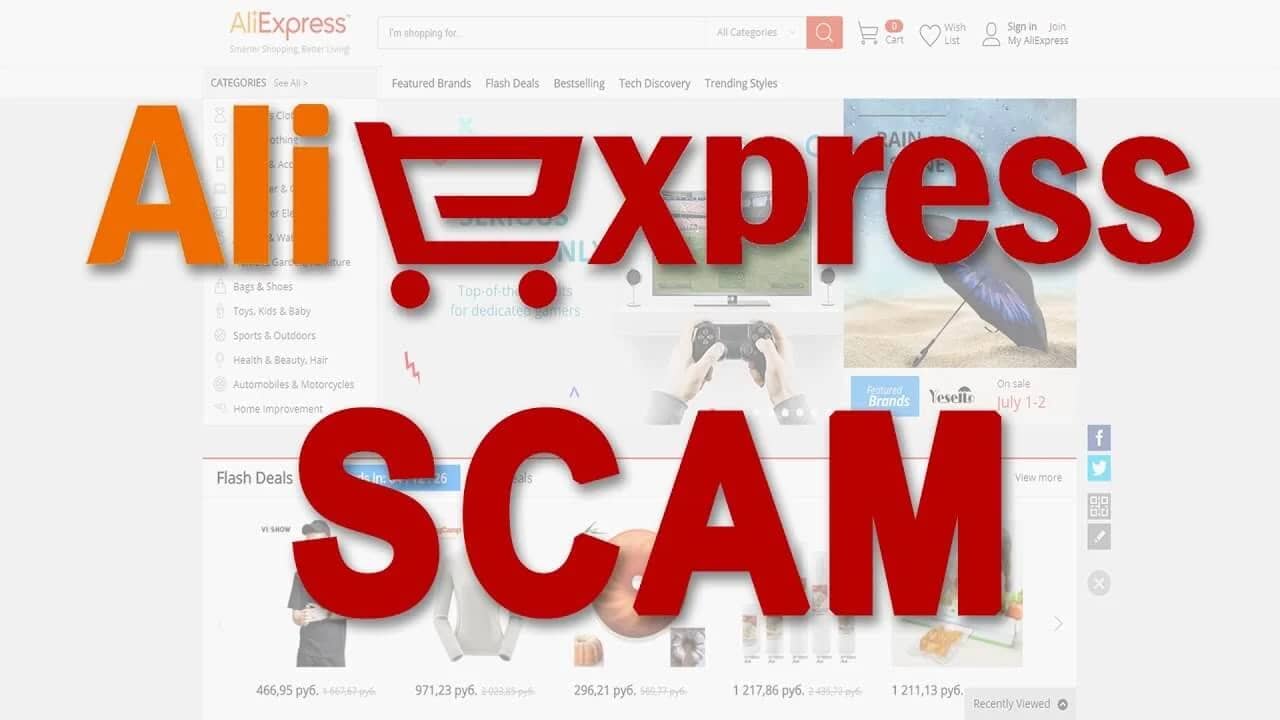The recent Binance ban in Nigeria has sent shockwaves through the cryptocurrency community, leaving many traders and investors wondering about their next steps. Despite this setback, the vibrant and resilient Nigerian crypto ecosystem offers several pathways for users to continue participating in the market effectively.

Here are five strategies for navigating the crypto market after Binance ban:
1. Explore Alternative Cryptocurrency Exchanges
With Binance no longer an option, users should research and migrate to other reputable cryptocurrency exchanges that operate within Nigeria’s regulatory framework. Platforms like Kraken, Bitstamp, and KuCoin, among others, offer a wide range of cryptocurrencies and have established a reputation for security and reliability. Before making a switch, ensure to evaluate the platform’s security features, fee structure, available cryptocurrencies, and user interface to find the best fit for your trading needs.
2. Leverage Peer-to-Peer (P2P) Trading Platforms
Peer-to-peer trading platforms have become a lifeline for cryptocurrency transactions in regions facing regulatory challenges. Platforms like LocalBitcoins and Paxful allow users to buy and sell cryptocurrencies directly with one another, using a variety of payment methods. P2P platforms often have built-in escrow services and user feedback systems to enhance transaction security. This method not only supports continued access to cryptocurrencies but also promotes a decentralized ethos of the crypto movement.
3. Utilize Decentralized Exchanges (DEXs)
Decentralized exchanges (DEXs) operate without a central authority, enabling users to engage in direct, wallet-to-wallet trades. DEXs like Uniswap, SushiSwap, and PancakeSwap are built on blockchain technology, offering a high degree of privacy and security. While they can be more complex to use than their centralized counterparts, DEXs provide an alternative that aligns closely with the principles of autonomy and anonymity in the crypto world.
READ ALSO: 10 Key Reasons Behind Binance Ban in Nigeria
4. Join Crypto Trading Communities
The Nigerian crypto community is robust and active, offering a wealth of knowledge and support for navigating the market post-Binance ban. Joining crypto-focused forums, social media groups, and chat rooms can provide valuable insights, updates on regulatory changes, and tips on the best platforms and practices for trading and investing. Networking with like-minded individuals can also uncover new opportunities and strategies for crypto engagement.
5. Stay Informed and Compliant
In a rapidly evolving regulatory landscape, staying informed about the latest news, rules, and guidelines concerning cryptocurrency in Nigeria is crucial. Compliance with local laws and regulations can mitigate risks and ensure that your crypto activities remain legal and secure. Additionally, educating yourself about the risks and best practices in cryptocurrency trading and investment can help safeguard your assets against volatility, scams, and other security threats.
The ban of Binance in Nigeria represents a significant challenge for the local crypto community. However, it also underscores the importance of adaptability, self-reliance, and community support in the face of regulatory hurdles. By exploring alternative exchanges, leveraging P2P platforms and DEXs, engaging with the crypto community, and prioritizing compliance and education, Nigerian users can continue to navigate the crypto market with confidence and resilience.








